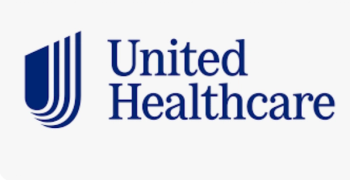
Factors having greatest impact on performance in the next three years
State of the Industry survey results
"All of us in the industry are watching very carefully what's going on in Washington to determine the impact it's going to have not just on our organizations but on the industry in general," says Martin Hauser, president and CEO, SummaCare. "There's no doubt that change is going to come, but we're all going to have to remain flexible."
Administrative costs of insurance companies remain a political issue, but the irony is that plans already have a heavy administrative burden with existing regulations, according to Hauser. Like many organizations, SummaCare has a whole staff dedicated to compliance and regulatory review.
"There's a dollar amount attached to that, that somebody has to pay," he says.
As a result of the economic downturn, another influencing factor according to survey response, managed care overall has seen enrollment declines. The top 20 plans reported a 1% decline in the second quarter of 2009, while commercial PPO enrollment declined 5.3%. HMO/POS lives also declined 1.9%, according to Corporate Research Group.
Newsletter
Get the latest industry news, event updates, and more from Managed healthcare Executive.























